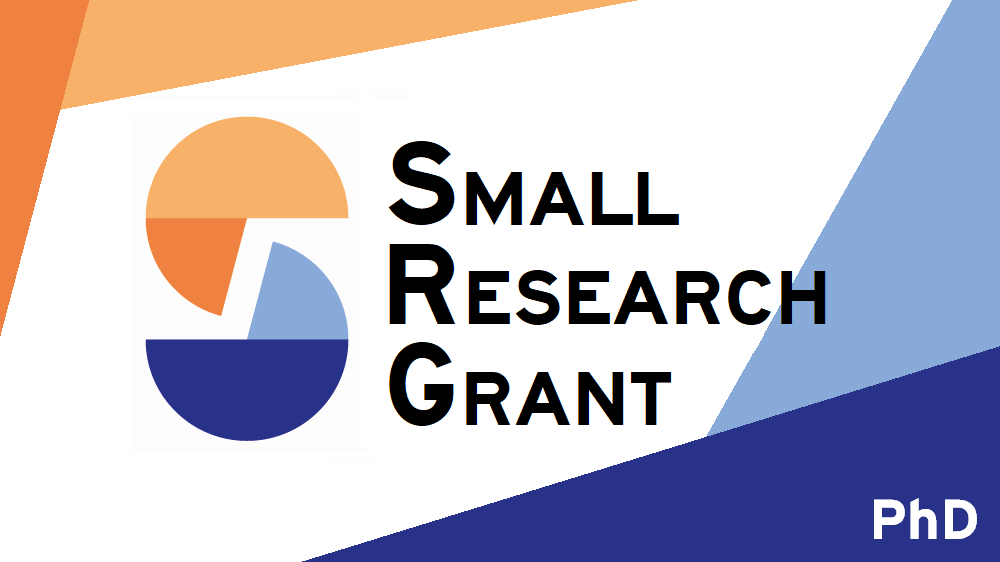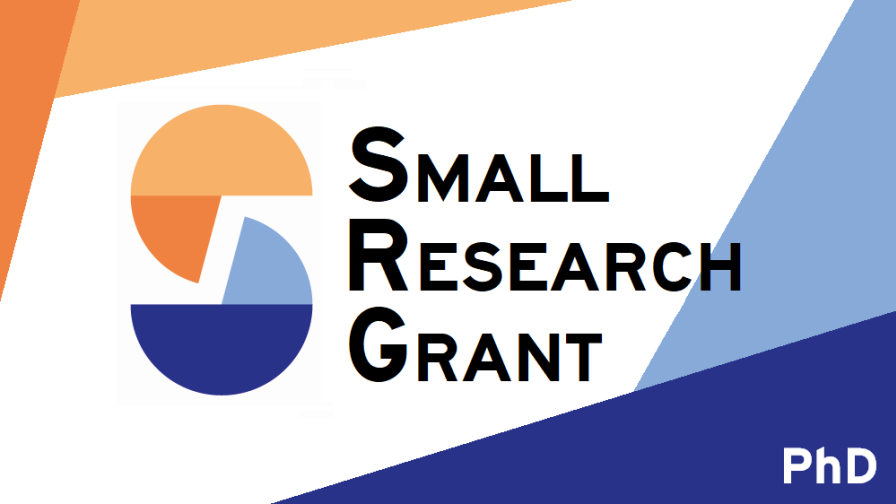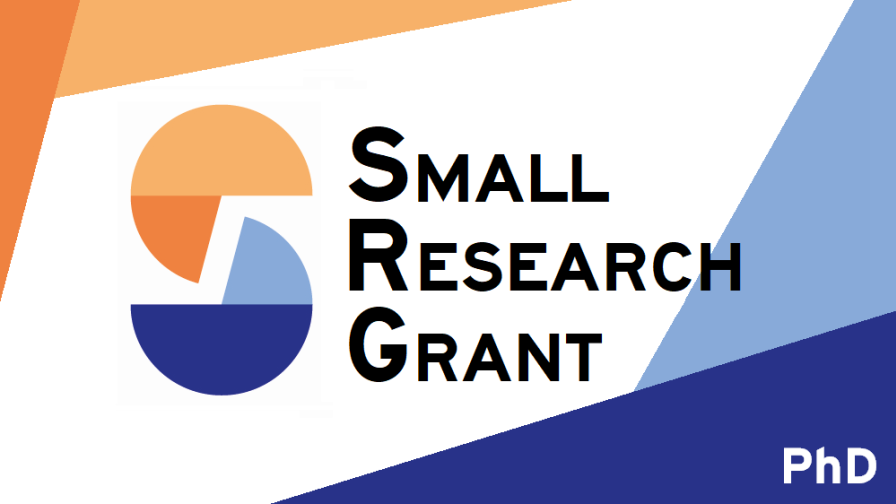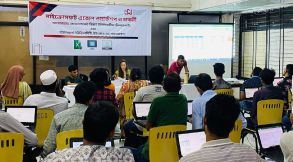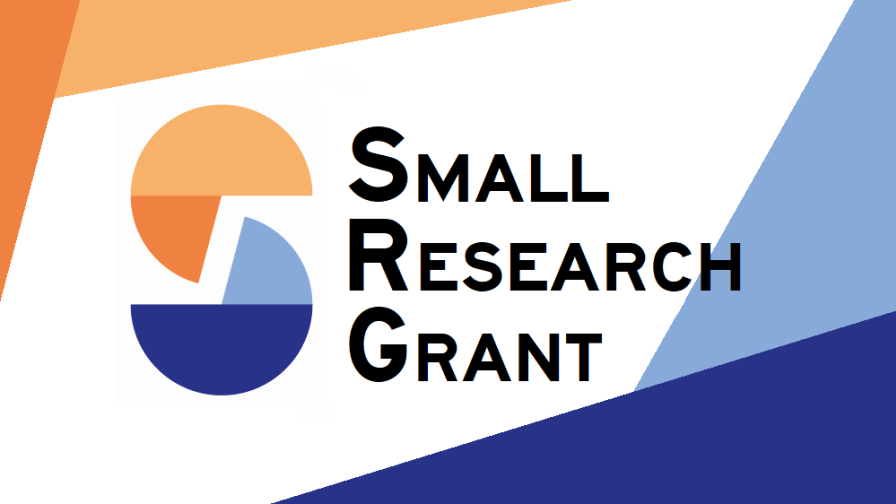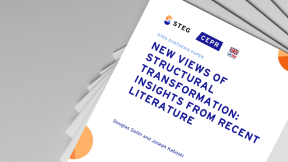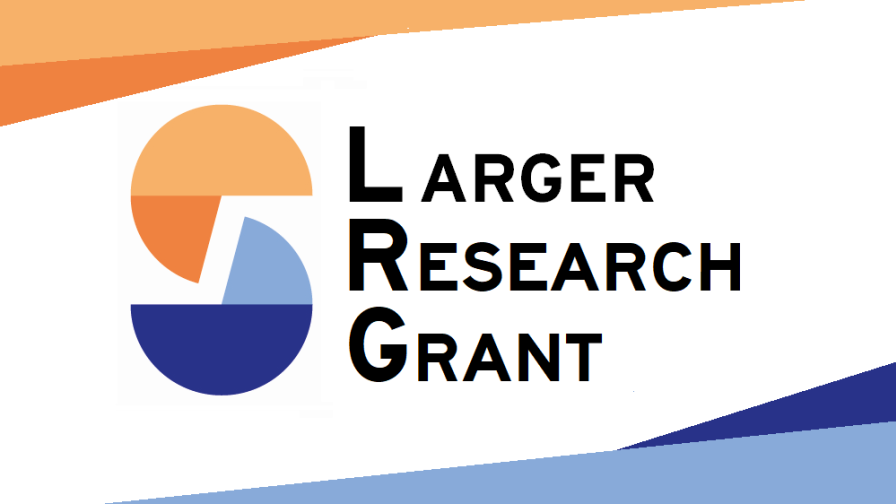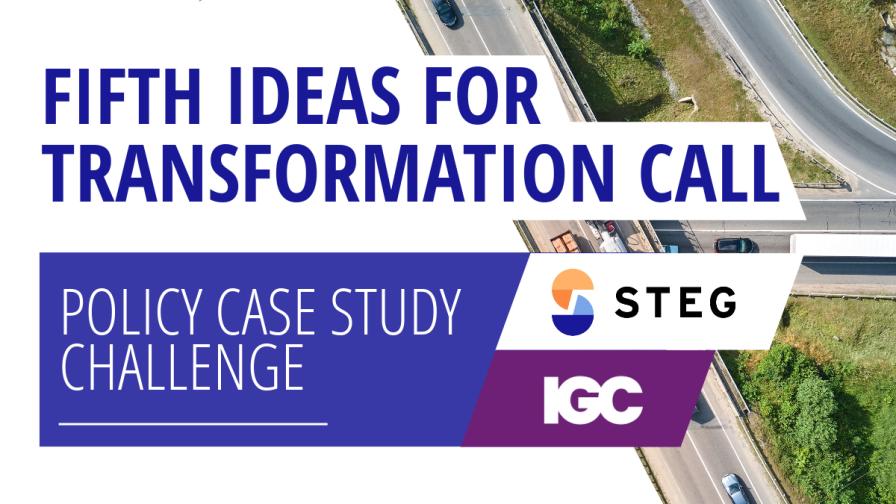Artificial intelligence (AI) is increasingly prevalent across the globe. As patterns of structural change are shifting and a services-led development model is becoming more common, many lower-income countries are considering pursuing export-oriented growth in services. Yet, advances in AI have made it feasible to automate many of the tasks prevalent in export-oriented services firms, rendering this path obsolete for future waves of developing countries looking to promote job-intensive industries. To date, very little is known about this issue due to the scarcity of detailed data on the adoption and uses of AI, and its impacts. This project examines how the deployment of AI affects labour demand and wages in the context of India, a county that has experienced significant services-led growth over the past decades.
The project answers this question using a novel dataset of 15 million online job vacancies from India’s leading job vacancy platform, Naukri.com, between 2010 and 2019. The research team constructs measures of the demand for AI skills within firms by applying natural language algorithms to predict which job postings indicate a need for the relevant skills. Using these measures, the team provides novel descriptive evidence on the demand for AI skills in India over time by region and industry, the concentration of AI skills in large firms, and the wage premium for AI skills. These measures are then applied to evaluate the causal relationship between firm-level AI skills demand and demand for other labour types and wage offers in the vacancies. The team then seeks to unpack the mechanisms that are driving this relationship and whether there is a wider impact on intra- and interfirm outcomes outside of hiring, for instance on sales, trade, and diffusion.
A key question for many low- and middle-income countries, and particularly those in sub-Saharan Africa, is how to design their industrial, investment, and trade policies in light of shifts in global demand and changes in global value chains. To what extent should lower-income countries be trying to replicate the services-led development models of countries like India and the Philippines. If AI is having a negative effect on labour demand in these countries, then investing heavily in ways to cultivate export-oriented services, for example through tax incentives, or special economic zones, may not be advisable. On the other hand, if AI is also generating new demand for specific tasks and the growth of new occupations and industries, these could be other areas for lower-income countries to pursue. While this project focuses on India, the question it addresses is of strong relevance to other lower-income countries, particularly those with the potential for a strong export-orientated service sector such as Ethiopia, Rwanda, and Tanzania.
